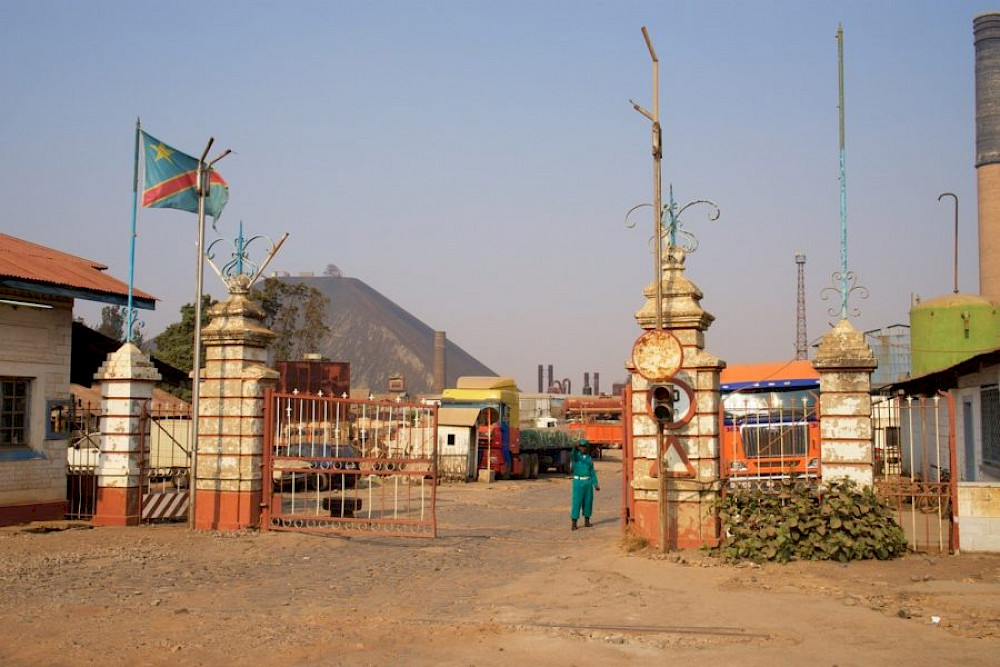Lubumbashi is the second largest city in Democratic Republic of the Congo. The main industrial centre of the mining district of southeastern Congo, it lies 110 miles (180 km) northwest of Ndola, Zambia. Lubumbashi is the name of a small local river. The town was established by Belgian colonists in 1910 as a copper-mining settlement and was designated an urban district in 1942. Most regional mining companies are headquartered in Lubumbashi, which is the transportation centre for mineral products (copper, cobalt, zinc, cadmium, germanium, tin, manganese, and coal) from the towns of Likasi, Kolwezi, Kipushi, and others. Mineral exploitation has been dominated by a government-owned organisation, but foreign mining companies are also in evidence. The city’s other industries include printing, brewing, flour milling, and the production of confectionery, cigarettes, brick, and soap. Lubumbashi has a civic auditorium, a national museum, a Roman Catholic cathedral, and the Society of Congo Historians, as well as the University of Lubumbashi founded in 1955.
